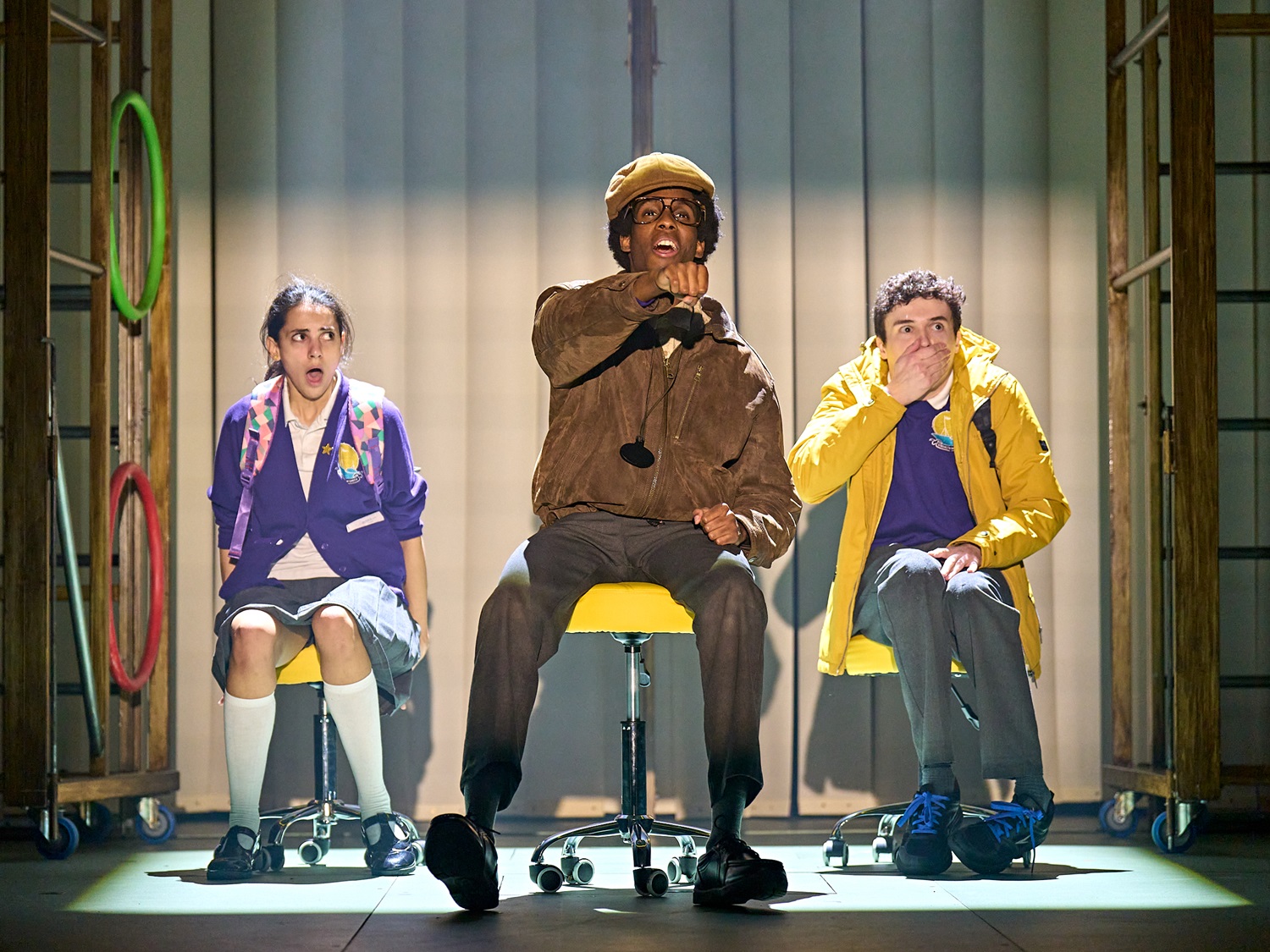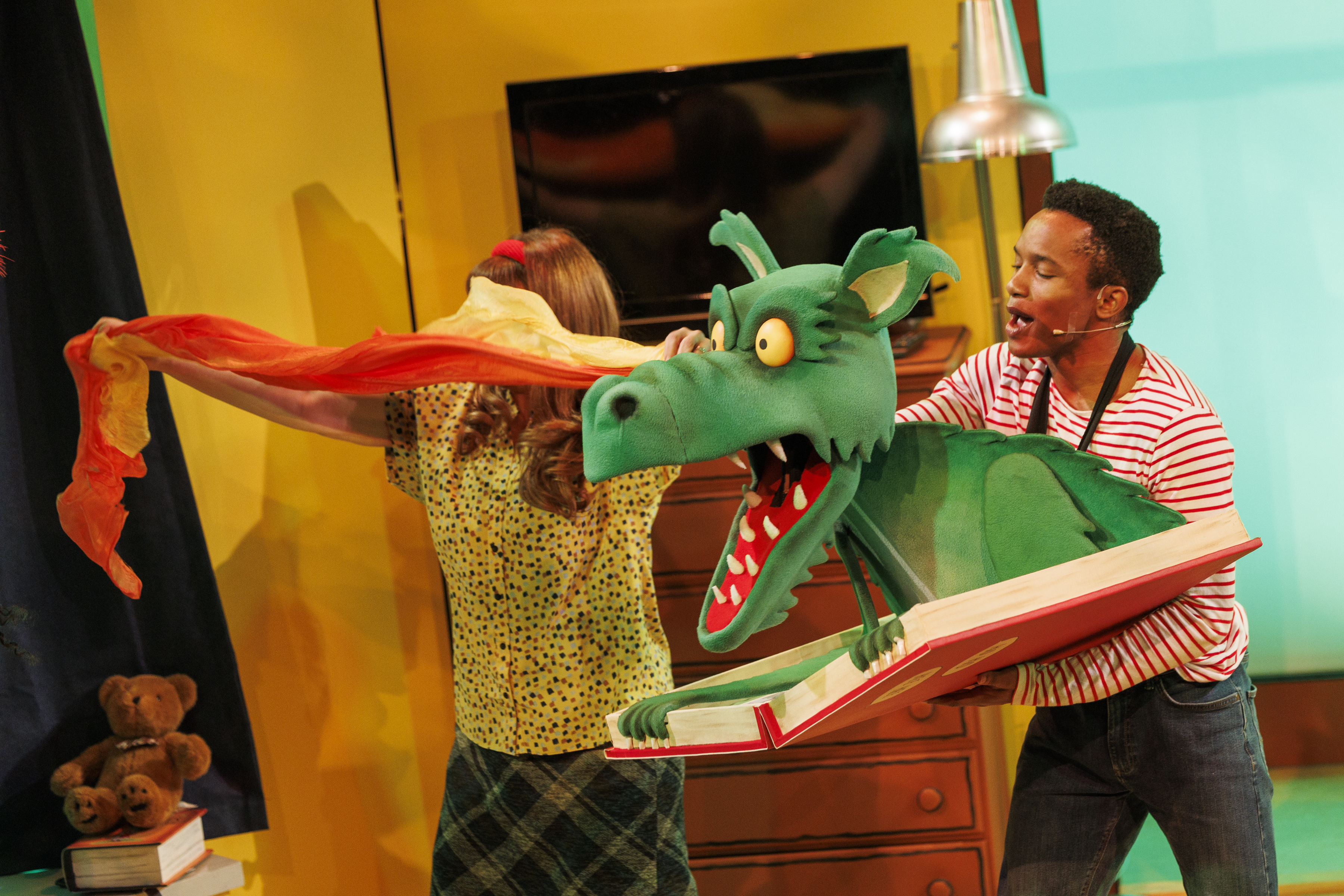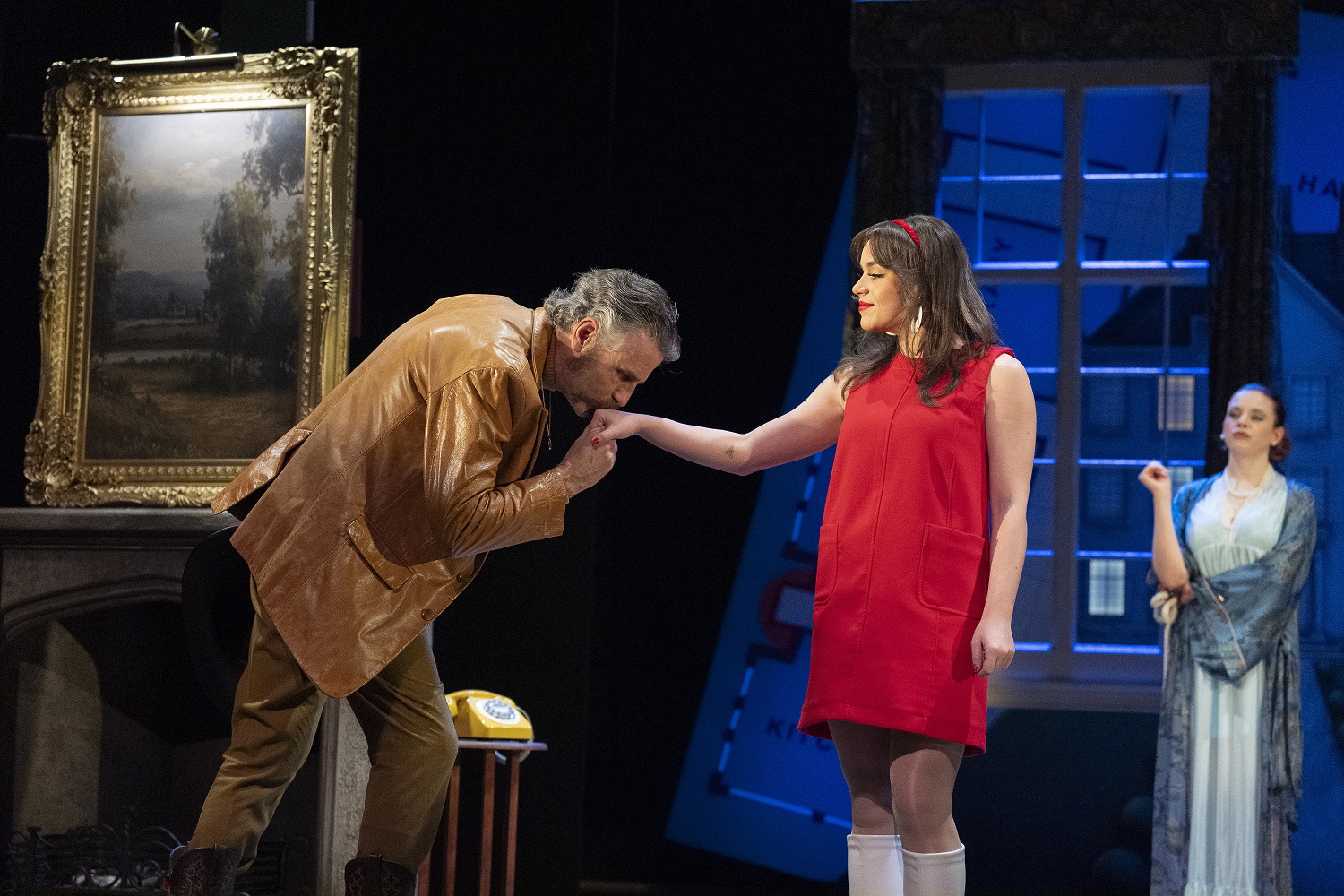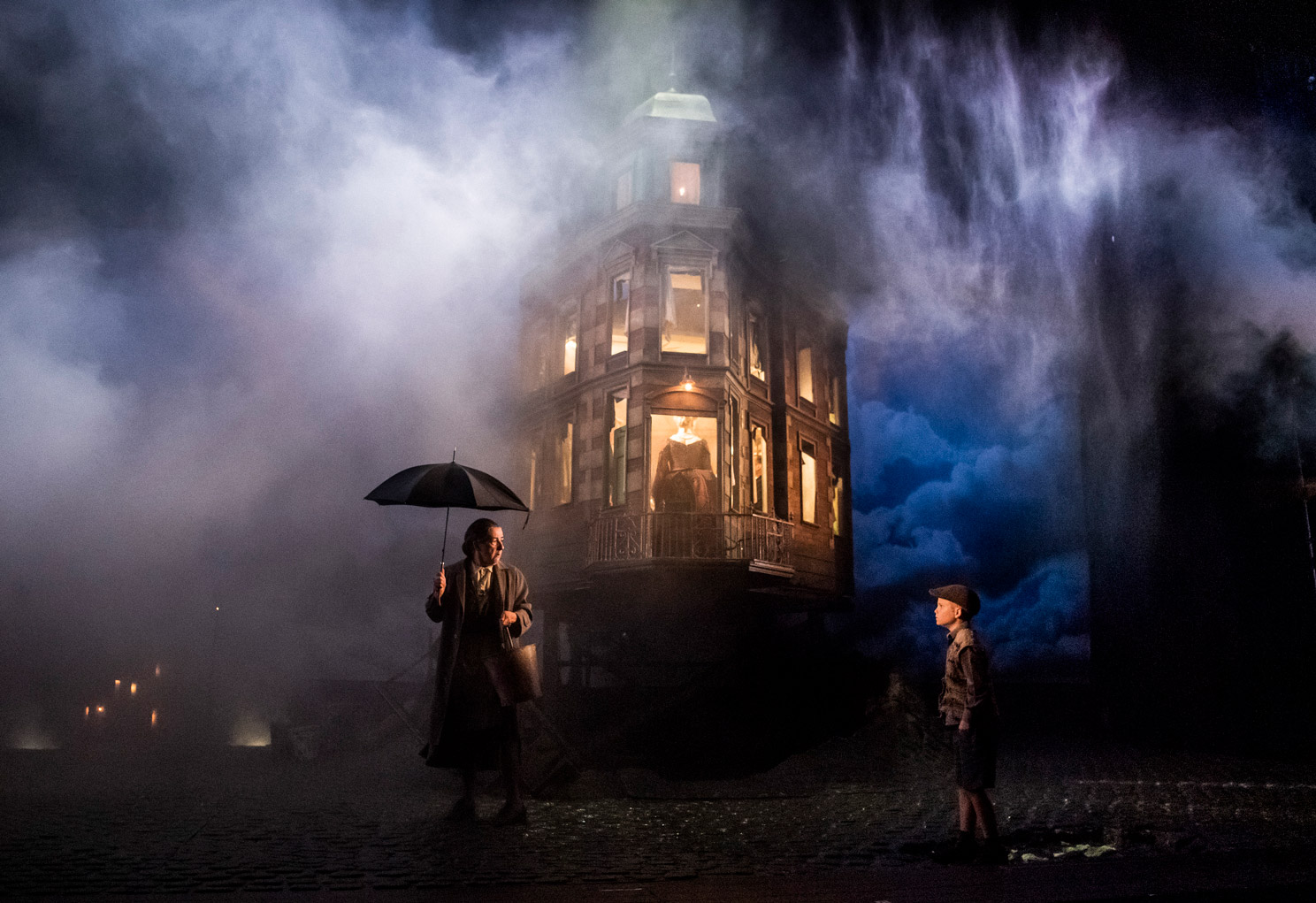
10 Plays Every Actor Should Study
8 min read
Share
What 10 plays every actor should study – Where should you start? The world of theatre is wide and diverse. New plays are written and performed every year around the world. It can be difficult to know what’s worth reading or seeing.
There are, however, a few plays that standout. Plays worth studying because of their importance to theatrical tradition or the way they use language, because of their memorable characters or their compelling scenes.
From Shakespeare to Chekhov, Ibsen to Wilde, and Hansberry to Kushner, these are 10 plays every actor should study.
The Cherry Orchard, Anton Chekhov
The Cherry Orchard is one of the most famous plays of all time. It was first performed in Moscow in 1904 and is still performed widely around the world to packed theatres.
The play was the last the Russian master ever wrote. He described the play as a comedy although it also has elements of farce and tragedy.
You are bound to come across one of Chekhov’s plays as an actor and The Cherry Orchard, rich with themes of identity, freedom and social unrest, is one of his best to study.

One of the only writers you are likely to come across in the theatre more than Chekhov, is the Bard himself, William Shakespeare. Truthfully, you could pick any one of his plays to study, from The Tempest to Much Ado About Nothing, Richard III to Romeo and Juliet, and those will be hours well spent.
All actors encounter Shakespeare at some stage and it is a good idea to familiarise yourself with the language, the characters and the themes as early as possible. In Hamlet you have famous monologues, tragic scenes and complex emotions. It is a great place to start.
The Importance of Being Earnest, Oscar Wilde
Oscar Wilde is a great playwright to study if you want to learn about comedy. The Importance of Being Earnest is a farcical comedy set in late Victorian London that was first performed at the St James’s Theatre in 1895.
Beyond the satire and the exquisite characterisation, actors should also study the terrific use of language. Wilde has fun with metaphors, hyperbole and rhetorical tricks and it is a treat to listen to the way his characters interact. The Importance of Being Earnest is another play that continues to be performed around the world many years after it debuted. It is one of the best examples of how humour can bring life to a theatre.
Top Girls, Caryl Churchill
Top Girls is a play about the way women are treated in modern society. The play debuted in 1982 and continues to speak to audiences today because of its fierce and creative exploration of what it takes for women to succeed.
The British playwright, Caryl Churchill, has had many theatrical successes including Serious Money, Blue Heart and Far Away. Yet, Top Girls is often described as her stand out work. It is a play that every young actor should study for the thrilling language, the imaginative framing devices and the vivid portrayal of feminist themes.

Angels in America, Tony Kushner
When the two-part play Angels in America premiered in 1991 it won every award going. Thirty years later the enduring legacy of the play is a testament to its innate quality and relevance. The two-part play is a study of homosexuality and the AIDS crisis in the United States during the 1980s. It is complex, tragic and intensely moving.
Angels in America is often heralded as one of the most important American plays of all time. It is worth studying just for its impact on American theatre but it is also so bold and imaginative that any actor will benefit from reading it or going to see it performed.
A Doll’s House, Henrik Ibsen
A Doll’s House is about a family falling apart. It was controversial when it was first performed in 1879 because audiences were not used to the realities of family life being played out so bluntly on stage. People wanted a happy ending when they went to the theatre but Ibsen’s play refused to conform to the standards of the time.
After Shakespeare, the legendary Norwegian writer Henrik Ibsen is the most frequently performed playwright in the world. If you like A Doll’s House, Ibsen has many other plays worth studying including Peer Gynt, Ghosts, The Master Builder and An Enemy of the People.
A Raisin in the Sun, Lorraine Hansberry
A Raisin in the Sun by Lorraine Hansberry gets its title from a poem by Langston Hughes called Harlem. The play is about the experiences of an African American family in Chicago. It’s crafted dialogue and intimate portrayal of life in the United States earned the acclaim of many critics when it was first performed in 1959.
The play was also groundbreaking in many other ways, being the first play written by an African American to be produced on Broadway.
A Streetcar Named Desire, Tennessee Williams
A classic of twentieth-century theatre, A Streetcar Named Desire still ranks as one of the most enduring dramas ever put to stage. The characters of Blanche DuBois, Stella Kowalski and Stanley Kowalski live long in the memory. That is testament to Williams’s tremendous creativity and his understanding of dramatic tension. Any actor will improve their craft by studying this iconic play.
The Crucible, Arthur Miller
Miller’s The Crucible is about the Salem witch trials. The tense, haunting play is an allegory for McCarthyism. It is a great play for any actor to study because it illustrates the state of America and American theatre in the fifties.
Arthur Miller has written several great plays including Death of a Salesman and A View from the Bridge which are all worth studying. His plays can teach actors how tension is built in dramatic works and provide a great example of engaging ensemble scenes.
The Seagull, Anton Chekhov
We’ll end where we began: Chekhov. The Seagull, written in 1895, is the first of Chekhov’s four major plays. The play is a lesson in subtext as Chekhov purposefully omits significant events and grants actors a lot of freedom. It is a wonderful play for any actor to study and is an interesting contrast to Chekhov’s other masterpieces.
All of these plays are worth exploring. Whether you choose to delve into Ibsen, Churchill or Wilde you will find that there is so much to be learned from these master playwrights. Each play has something to say about truth, human nature and the way we interact with one another – all vital elements for actors to understand.























